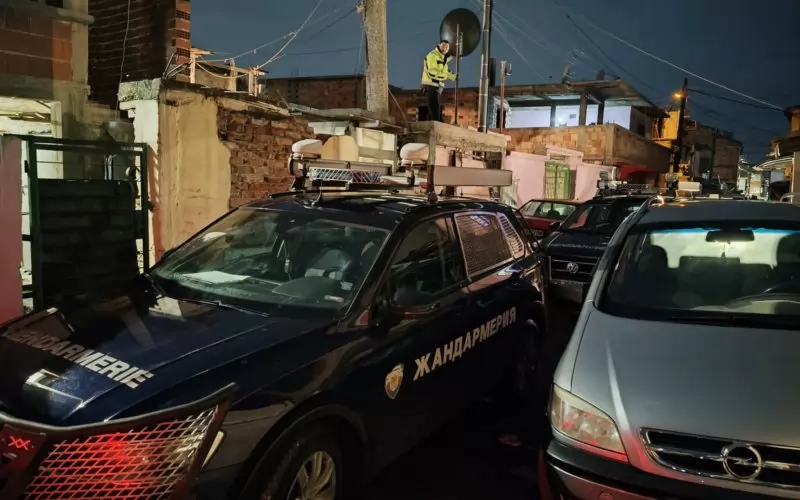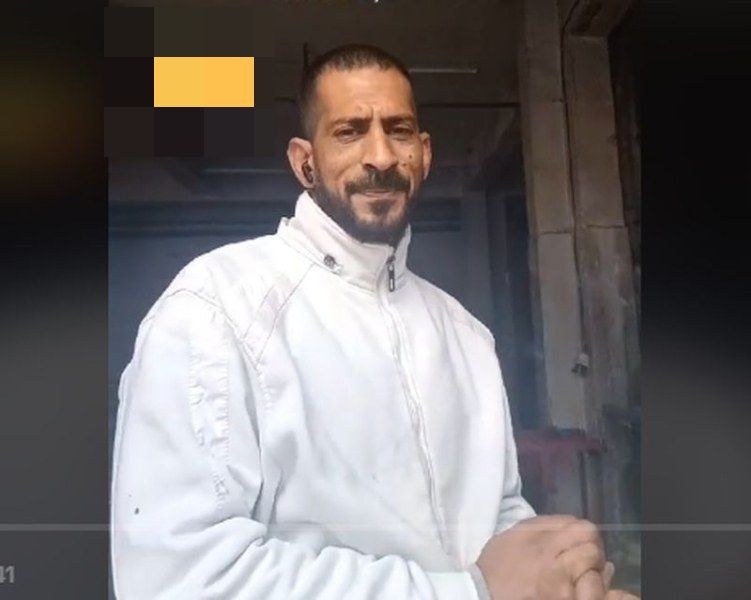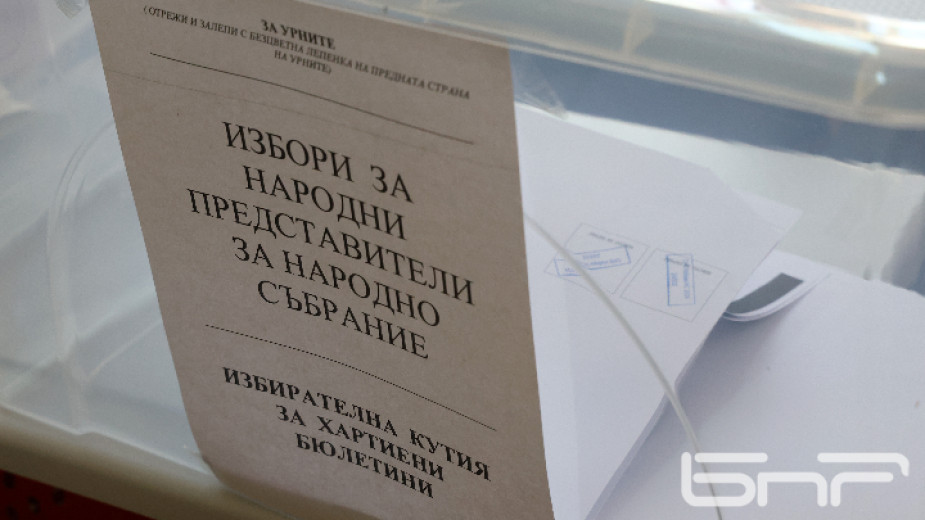Putzier (2013) presents a one-sided view of the debate on poverty immigration to Germany. He describes the migration from Southeast Europe exclusvely as a mass exodus of poorly educated Bulgarians and Romanians. That a significant proportion of immigrants he cites, 27,242 Bulgarians and Romanians during the months of January and February, could include seasonal workers and professionals, it is not discussed. Also the warning about the “rising costs of poverty immigration” is not new, as it is fiercely debated since the beginning of this year.
Adeoso (2013) spoke with Adam Strauss, a German Sinto and a founding member of the Central Council of German Sinti and Roma. Strauss has won several awards for his work against racism and for the integration of Rroma. However, against these official honours, the social reality weights in, a reality which is still pervaded by a great many negative experiences: “It has been 70 years since the Nazi era is over and 68 percent of the people, according to a Emnid survey, want no contact with us. If someone says, “You are ALSO people”, it is already clear on what kind of place we stand. […] We have stood alone in the yard at school during recess, nobody has played with us, and I experienced the same situation today with my granddaughter. She also stands alone in the playground, no one plays with her, she eats her bread during the break alone, sitting in the corner, just like us – with us no one had contact either. This is the worst […] ».
Beer (2013) spoke with Roman Franz, chairman of the Association of Roma and Sinti in North Rhine-Westphalia. Franz tries to spread a counter perspective to the usual arguments about poverty immigration from Eastern Europe. One cannot always poke about the integration willingness of immigrants; one also needs to create the necessary structures so that they can integrate. One should also attempt to present a more differentiated view on the reasons behind migration. Portraying migration solely as an economic one, simplifies the situation too much: “Nobody likes to leave his home. Many Rroma in Eastern Europe live in incredibly difficult conditions. If they are allowed to send their children to school at all, then they are pelted with stones. They are there fair game. It is imperative that our head of state engages himself in countries such as Bulgaria, the Czech Republic or Slovakia, that Rroma are not forced out in this way”. With this he comes to a much too little discussed topic: What do political analyses say about the socio-political situation of a country and what are the actual experiences of local people? According to most countries official analyses, there is no discrimination against Rroma in South-eastern Europe.
Sources:
- Adeoso, Marie-Sophie (2013) „Es ist mir sehr wichtig, dass ich ein Sinto bin“ In: Frankurter Rundschau online vom 22.7.2013.
- Beer, Achim (2013) Roma-Verbandschef fordert Quartiere und Sprachkurse. In: Der Westen online vom 21.7.2013.
– Putzier, Konrad (2013) Europas Arme kommen nach Deutschland. In: Die Welt online vom 24.7.20







